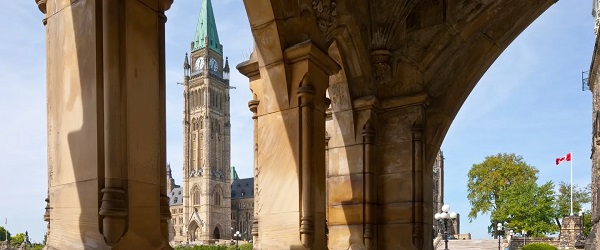MAiD
Assisted suicide is never really about ‘choice’: here’s why
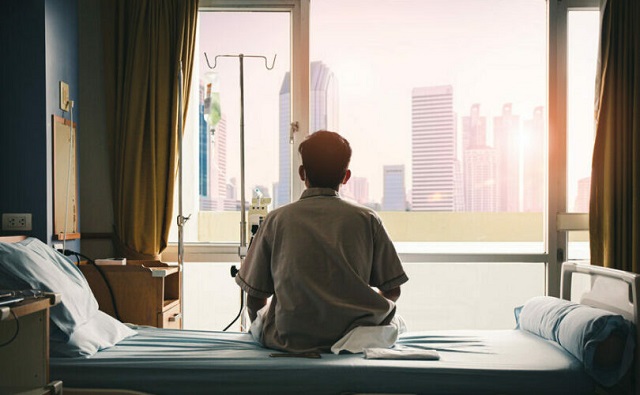
From LifeSiteNews
Just a few years ago, we understood that suicidal ideation itself was an indication that something was seriously wrong – but our euthanasia regime has changed all of that.
Just last week, I wrote a column on the normalization of euthanasia and the sinister insistence by those who advocate for it that being killed by lethal injection is, in fact, both a good and a life-saving thing. We are seeing the complete perversion of language in order to justify medicalized killing, which is why you don’t read terms like “killing” or “suicide” in the context of the euthanasia debate in the press. Activists realized very quickly that these terms were unhelpful in the push for normalization.
Earlier this month, Canadian MP Kevin Lamoureux, a Liberal, took it a step further, stating: “MAiD [assisted suicide] legislation, even on occasion, I would ultimately argue, saves lives.”
🤯🤯🤯🤯🤯🤯🤯🤯 pic.twitter.com/bFU57gKxCJ
— Michelle Ferreri (@mferreriptbokaw) February 12, 2024
What a truly insane thing to say – and the sad fact is, he likely believes it. He also likely doesn’t realize how dangerous his statement is. What message is being sent to those the government has deemed eligible for state-facilitated suicide? Euthanasia is, legally speaking, a choice. But just as with abortion, the “choice” is often a farcical one.
When women were legally granted the “choice” of abortion, it swiftly became an expectation. Sick, sad, and depressed people may be told they merely have the “choice” to be euthanized – but as we have seen, this choice often seems like a social obligation.
This point was made in a recent essay about euthanasia in Newsweek by Katherine Brodsky, who supports euthanasia in principle. She has, however, come to have doubts that a euthanasia regime in which choice is freely exercised is possible. She writes:
I am now skeptical about the true autonomy of individuals opting for assisted death, especially in a country with socialized health care. The risk of medical practitioners recommending MAiD as a cost-cutting measure to alleviate strain on the health care system is unsettling, as suggested by a 2020 analysis estimating potential annual savings of save $66 million annually in health care costs. Individuals considering MAiD are already vulnerable due to physical or mental suffering, making them susceptible to external pressures. Reflecting on my own past struggles, I recognize the unpredictability of emotions and circumstances. What seems unbearable one day may change with time and support – yet the choice to end life is a permanent one.
Fortunately, the Canadian government has delayed – for the second time – expanding euthanasia to those suffering from mental illness. But they insist that this is a delay, not a cancellation, meaning that the position of the Trudeau government is that someone suffering acute despair caused by a mental illness is clear-headed enough to choose suicide-by-doctor. This is obviously untrue, and I genuinely wonder why the government seems so hellbent on doing this. Just a few years ago, we understood that suicidal ideation itself was an indication that something was seriously wrong – but our euthanasia regime has changed all of that.
Brodsky notes that the “choice” being offered to a specific subset of Canadians who have been pre-approved for this “choice” – a choice not offered to all Canadians, but only those the government has decided have lives not worth living – is often a false one. Citing the example of Lauren Hoeve, the Dutch girl who was euthanized earlier this year, she notes:
And yet, I was struck by something in the statement put out by Lauren Hoeve’s parents. ‘Millions of people are affected by ME/CFS, with no established treatment pathways and no cure,’ they wrote on X on Feb. 2. ‘Why is their suffering acknowledged enough for euthanasia but not enough to fund clinical research?’ And herein lies the rub. Why is euthanasia offered as a viable solution to a potentially non-permanent problem, when other options are possible?
Mental health services in Canada (and elsewhere) are scarce. Psychologists are expensive and out of reach for many. Psychiatric services are free of charge, but the wait lists are even longer than those for psychologists and few people can get access. The wait to get help is usually over a year. Family physicians just end up prescribing medications based on a checklist and see what sticks.
READ: Terminally ill children in the Netherlands can now be euthanized against their will
Precisely true. We know that many people in Canada have chosen euthanasia because it was the only “choice” being offered to them at all. Cancer patients who cannot get the treatment they actually want have opted for suicide-by-doctor instead. One woman noted that her requests for additional help to deal with her chronic condition were denied, and thus euthanasia was, she felt, the only option left available. “Ultimately it was not a genetic disease that took me out, it was a system,” she wrote. “There is desperate need for change. That is the sickness that causes so much suffering. Vulnerable people need help to survive. I could have had more time if I had more help.”
So, what does an ill and suffering Canadian hear when an MP stands up in the House of Commons and says that euthanasia “saves lives”? They know it doesn’t save their life. As Amanda Achtman noted: “Obviously, it’s not the lives of those being killed that are being saved. Such a utilitarian calculation amounts to a war against the weak and this is dehumanizing and wrong.”
Health
Canadians diagnosed with cancer in ER struggle to receive treatment as Liberals keep pushing MAiD
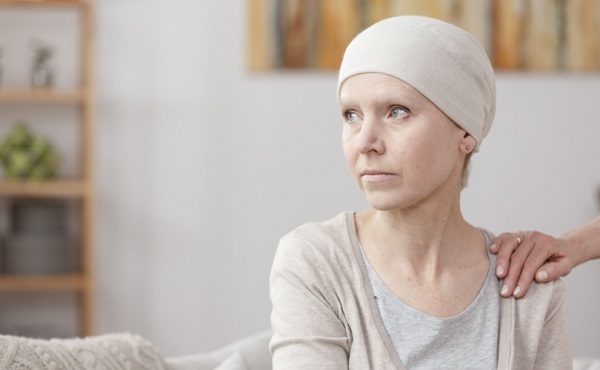
From LifeSiteNews
A study reveals Ontario emergency rooms struggle to manage cancer diagnoses, leaving patients without adequate follow-up care, while euthanasia remains readily available.
Research has found that Canadians diagnosed with cancer in the emergency room are often sent home without treatment; however, euthanasia remains readily available.
According to a study published September 8 by the National Library of Medicine, Ontario emergency room doctors are struggling to serve patients diagnosed with cancer while Liberals continue to push Medical Assistance in Dying (MAiD).
“It’s kind of a little bit shocking to me that given how many people cancer affects and how devastating a diagnosis it can be to receive, that we haven’t figured this out better,” one doctor told researchers.
The study found that limited primary care access, specialist shortages, and long wait times have pushed patients to seek care from the emergency room. As a result, emergency doctors are giving out cancer diagnoses but are unable to provide sufficient follow up care. “We don’t often have enough information to know further what that means, in terms of prognosis, in terms of the type of treatments that they’re going to get,” another doctor revealed. “Then, to also add on the burden and say, ‘I also don’t know when you’re going to be seen’ is just a gut punch for them.”
According to the study, poor communication between EDs, primary care, and specialists often results in “lost” patients who are either delayed or prevented from receiving the proper care. Doctors called for standardized referral pathways, patient navigators, and better support to ensure timely follow-up.
The study discovered that the lack of timely care has resulted in “higher stages of diagnosis and increased mortality.”
At the same time, Liberals are focusing on expanding MAiD rather than addressing the medical staff shortage crises. In February 2024 after pushback from pro-life, medical, and mental health groups as well as most of Canada’s provinces, the federal government delayed the mental illness expansion until 2027. Liberals are also working to expand MAiD to children.
The most recent reports show that MAiD is the sixth highest cause of death in Canada. However, it was not listed as such in Statistics Canada’s top 10 leading causes of death from 2019 to 2022.
Asked why MAiD was left off the list, the agency said that it records the illnesses that led Canadians to choose to end their lives via euthanasia, not the actual cause of death, as the primary cause of death.
According to Health Canada, in 2022, 13,241 Canadians died by MAiD lethal injections. This accounts for 4.1 percent of all deaths in the country for that year, a 31.2 percent increase from 2021.
MAiD
Famous Canadian children’s author Robert Munsch says he plans to die by euthanasia
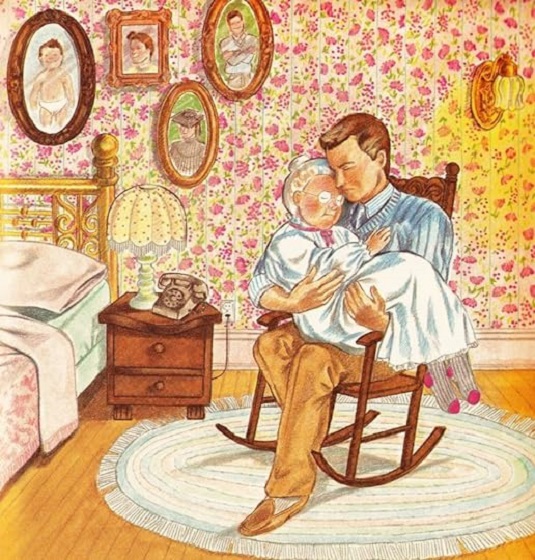
Illustration from Robert Munsch classic I Will Love You Forever
From LifeSiteNews
Children’s writer Robert Munsch, diagnosed with dementia, has decided to end his life through euthanasia and has been approved to receive the lethal injection.
Famous Canadian author Robert Munsch has announced that he plans to end his life through euthanasia after being diagnosed with dementia.
In a September 14 interview with the New York Times, 80-year-old Canadian writer Robert Munsch revealed that he has been granted permission to be euthanized as his mind begins to deteriorate due to dementia.
“I’ve had a good life,” he reflected. “I’ve told my stories. Now I want to decide how it ends.”
Munsch is beloved to Canadians for his more than 70 children’s books, including The Paper Bag Princess, Love You Forever, Thomas’ Snowsuit, and Angela’s Airplane.
He has also received a Juno Award, induction into the Order of Canada, a star in Canada’s Walk of Fame, and has two public schools in Ontario named after him.
In 2021, Munsch was diagnosed with dementia, leading him to lose the ability to perform tasks such as riding a bike and driving. Munsch lamented that he wonders if in a year he lose all his mental facilities and become a “turnip” – a denigrating reference to the disabled.
Munsch noted that he can feel his creativity slipping “further and further away.” He added that he plans to end his life “when I start having real trouble talking and communicating. Then I’ll know.”
Sadly, Munsch is hardly the only Canadian to believe that ending his life through euthanasia is the only solution to suffering. In a recent podcast interview, Cardinal Timothy Dolan revealed that euthanasia is not only the “cheapening of human life,” but also removes the power of redemptive suffering.
He revealed that while his mother suffered for a long time in the hospital, she valued her life and would not have ended it prematurely.
“God’s ways are not our ways,” he explained, noting that sometimes suffering can seem pointless but God always has a greater plan.
Similarly, Bishop Joseph Strickland explained that “True compassion does not eliminate suffering by eliminating the one who suffers. Rather, it means walking with the sick and dying and offering authentic palliative care, emotional support, and spiritual accompaniment. It is in these moments – when we are most vulnerable – that we must be reminded that our worth is not measured by our health, our productivity, or our independence, but by the fact that we are beloved children of God who are made in His image and likeness.”
The dangerous effects of a euthanasia culture are visible in Canada, where patients are waitlisted for health care but have ready access to euthanasia.
The most recent reports show that euthanasia is the sixth-highest cause of death in Canada. However, it was not listed as such in Statistics Canada’s top 10 leading causes of death from 2019 to 2022.
According to Health Canada, in 2022, 13,241 Canadians died by euthanasia lethal injections. This accounts for 4.1 percent of all deaths in the country for that year, a 31.2 percent increase from 2021.
-

 Business8 hours ago
Business8 hours agoCarney Admits Deficit Will Top $61.9 Billion, Unveils New Housing Bureaucracy
-
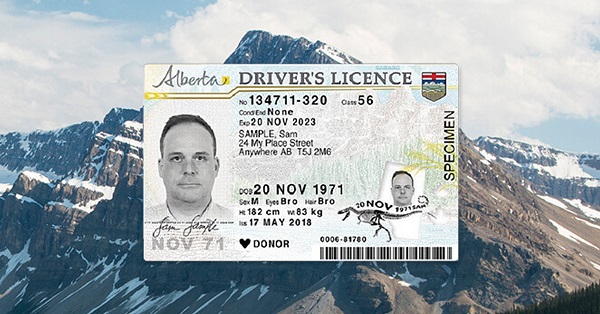
 Alberta5 hours ago
Alberta5 hours agoAlberta first to add citizenship to licenses
-

 Business7 hours ago
Business7 hours agoCarney’s Ethics Test: Opposition MP’s To Challenge Prime Minister’s Financial Ties to China
-

 Business6 hours ago
Business6 hours agoAttrition doesn’t go far enough, taxpayers need real cuts
-

 Addictions2 days ago
Addictions2 days agoNo, Addicts Shouldn’t Make Drug Policy
-
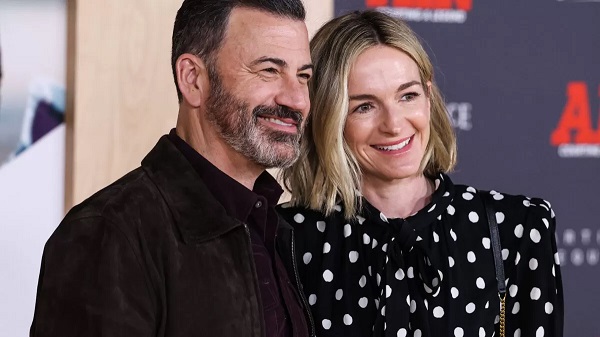
 Censorship Industrial Complex2 days ago
Censorship Industrial Complex2 days agoThe FCC Should Let Jimmy Kimmel Be
-
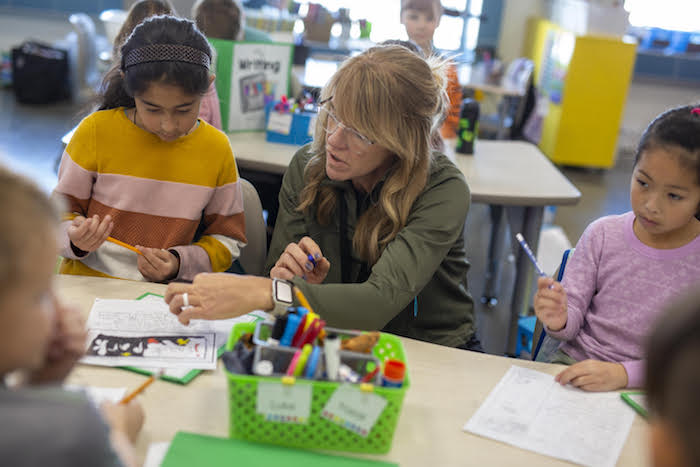
 Alberta2 days ago
Alberta2 days agoEducation negotiations update: Minister Horner
-
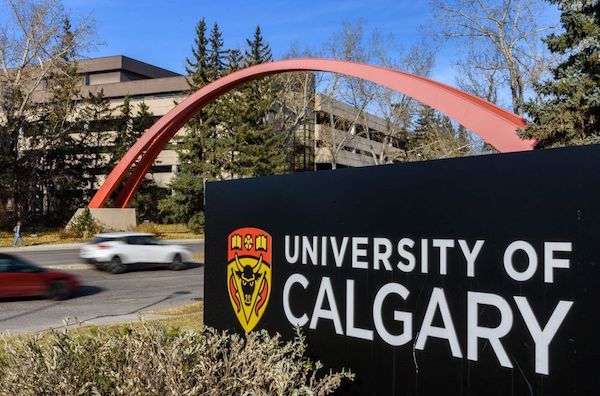
 Business2 days ago
Business2 days agoThe Real Reason Tuition Keeps Going Up at Canada’s Universities




